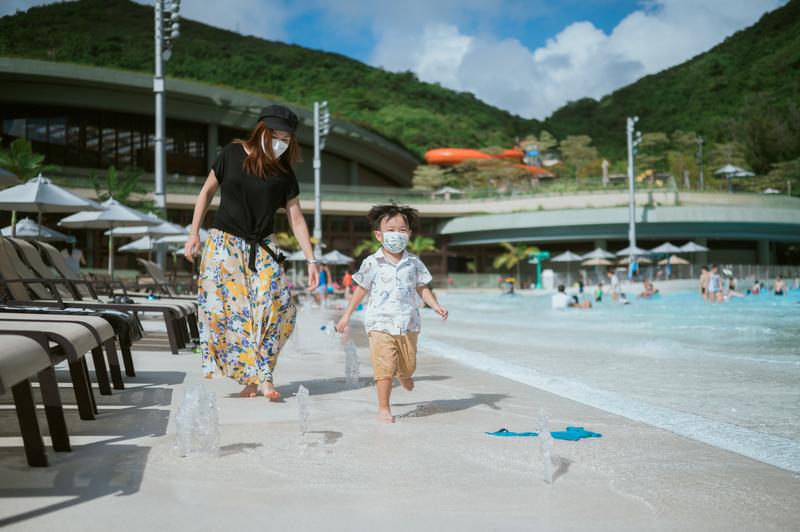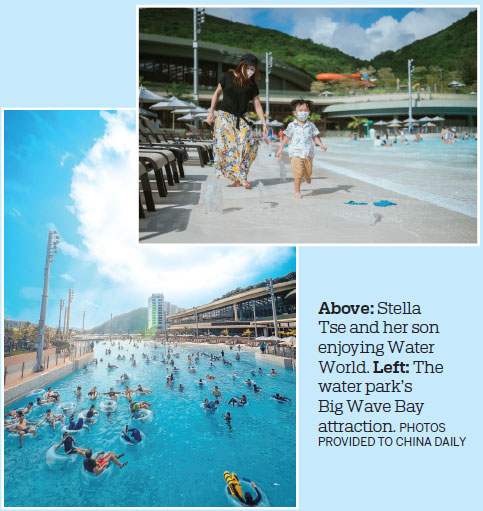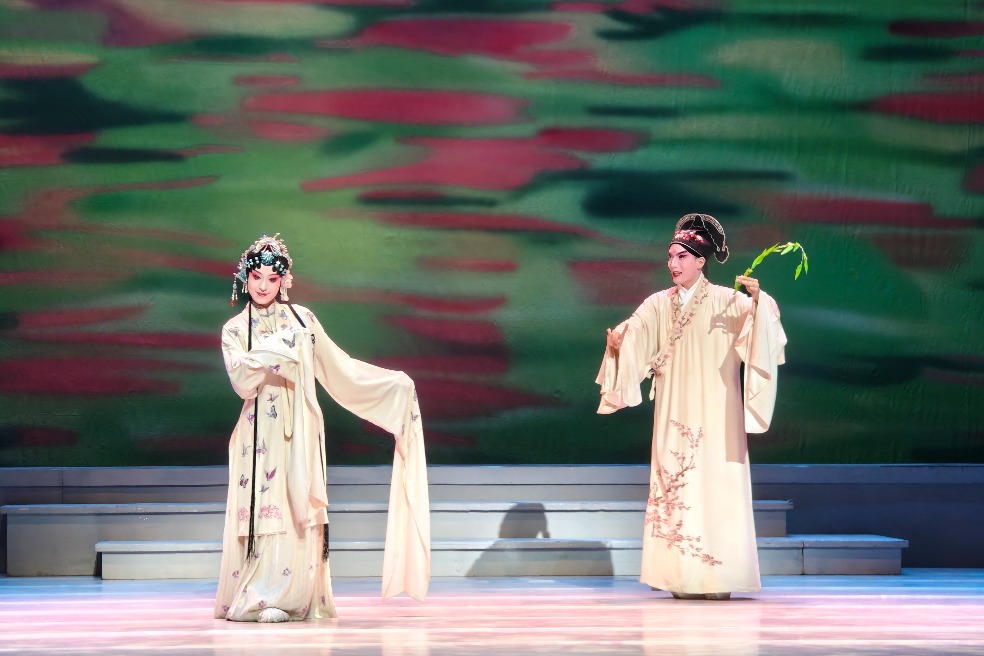Mission: accessible


Psychologist Victor Ching, who works with children with special needs and their parents, helped to evaluate Water World attractions' compatibility with the IBCCES Sensory Guides. "Playing around other children in public spaces can help to enhance social and communication skills," he notes.
Stella Tse was among those who visited Water World with her autistic child. "My kid loves the park so much: it provides a spacious environment for him to relax and chill, and I don't have to feel embarrassed when he overreacts, because there are a lot of kids having exciting moments and running around," she says.
Tse began by exposing her son to the less stimulating activities, building up gradually to more energy-intense rides.
In Asia, mental health issues and neurodivergence are still sometimes considered taboo subjects. However, a shift in attitude is also apparent.
"More and more facilities are claiming to be autism-friendly, which makes it easier to bring my kid out," says Tse. "I used to feel scared when I encountered an unfriendly response from the staff at other venues, but here I feel totally welcome and (the staff) offer help whenever I need it."
As the first water park in Asia to be autism certified, Water World hopes to inspire the city's other leisure destinations to follow suit. Ching notes that indications about attractions' sensitivity levels help make a huge difference. Improving inclusivity and accessibility for neurodivergent individuals in society is a journey. While Hong Kong may have a long way to go, it certainly has taken its first important, and encouraging, step in that direction.

- ZEISS Vision factory in Guangzhou joins Global Lighthouse Network
- China warns of 'catastrophic disasters' from unchecked Japanese militarist ambitions
- Beijing accuses Manila of trying to smear China's actions in the South China Sea
- Chinese vice-premier to attend World Economic Forum Annual Meeting, visit Switzerland
- All options against Taiwan separatists remain on the table, ministry says
- Shenzhou XX astronauts meet press after return from space



































